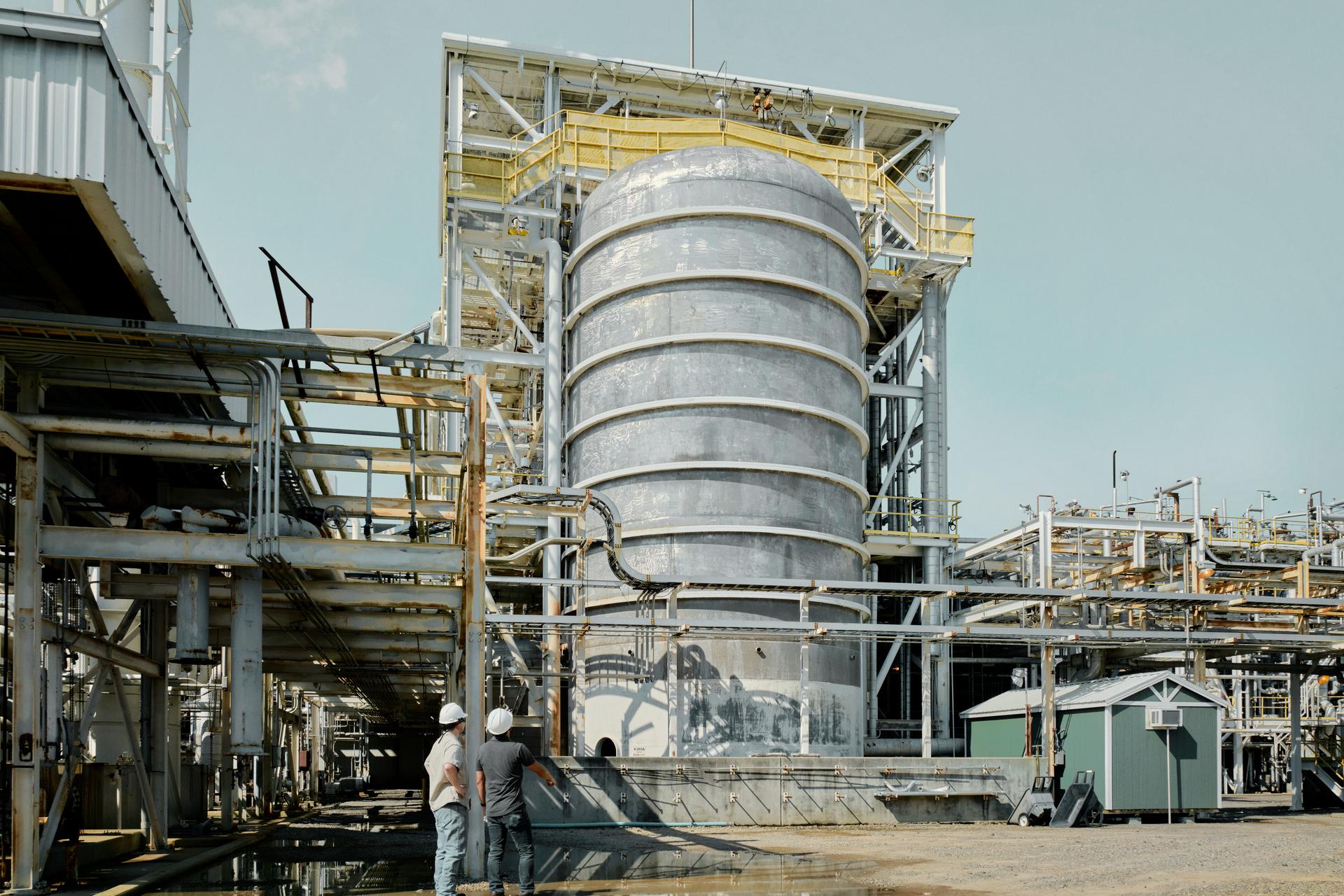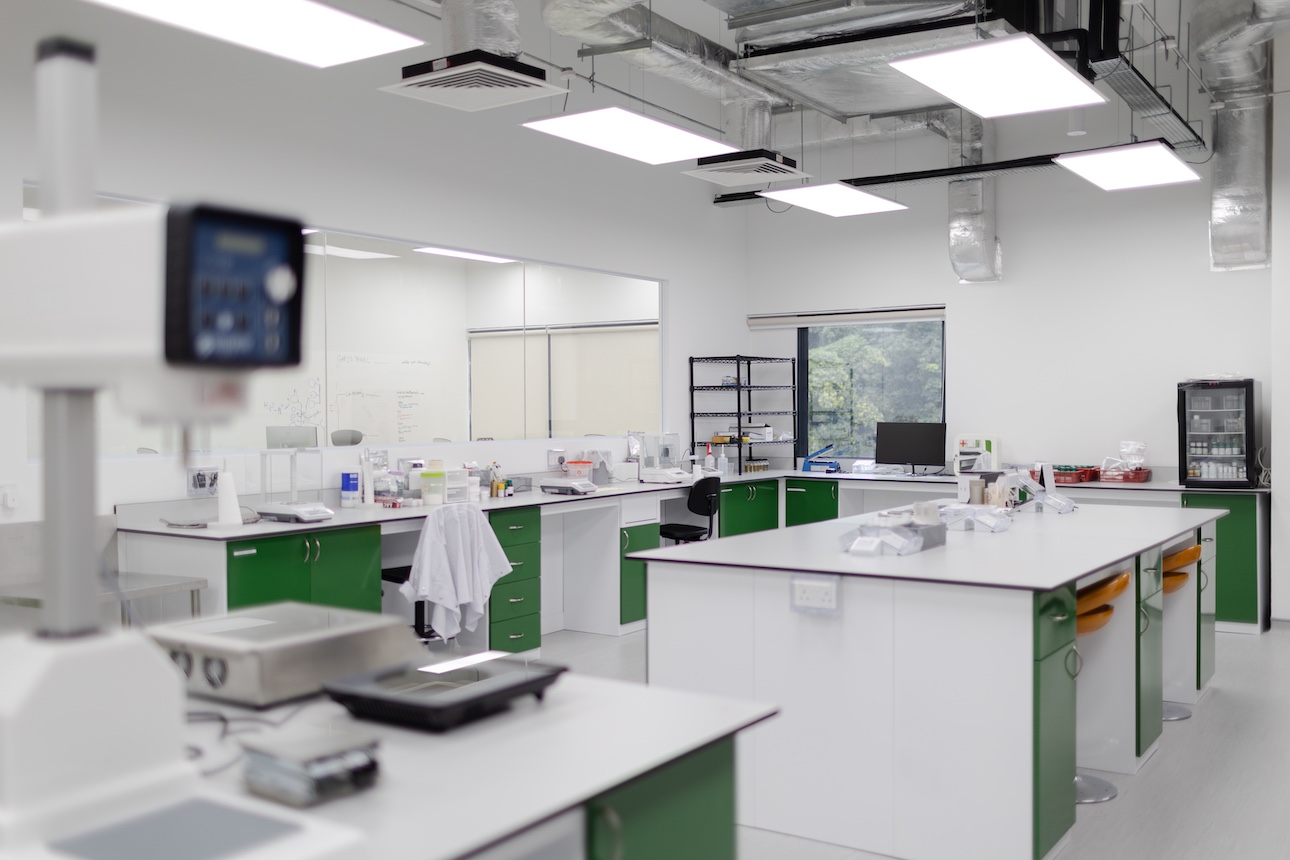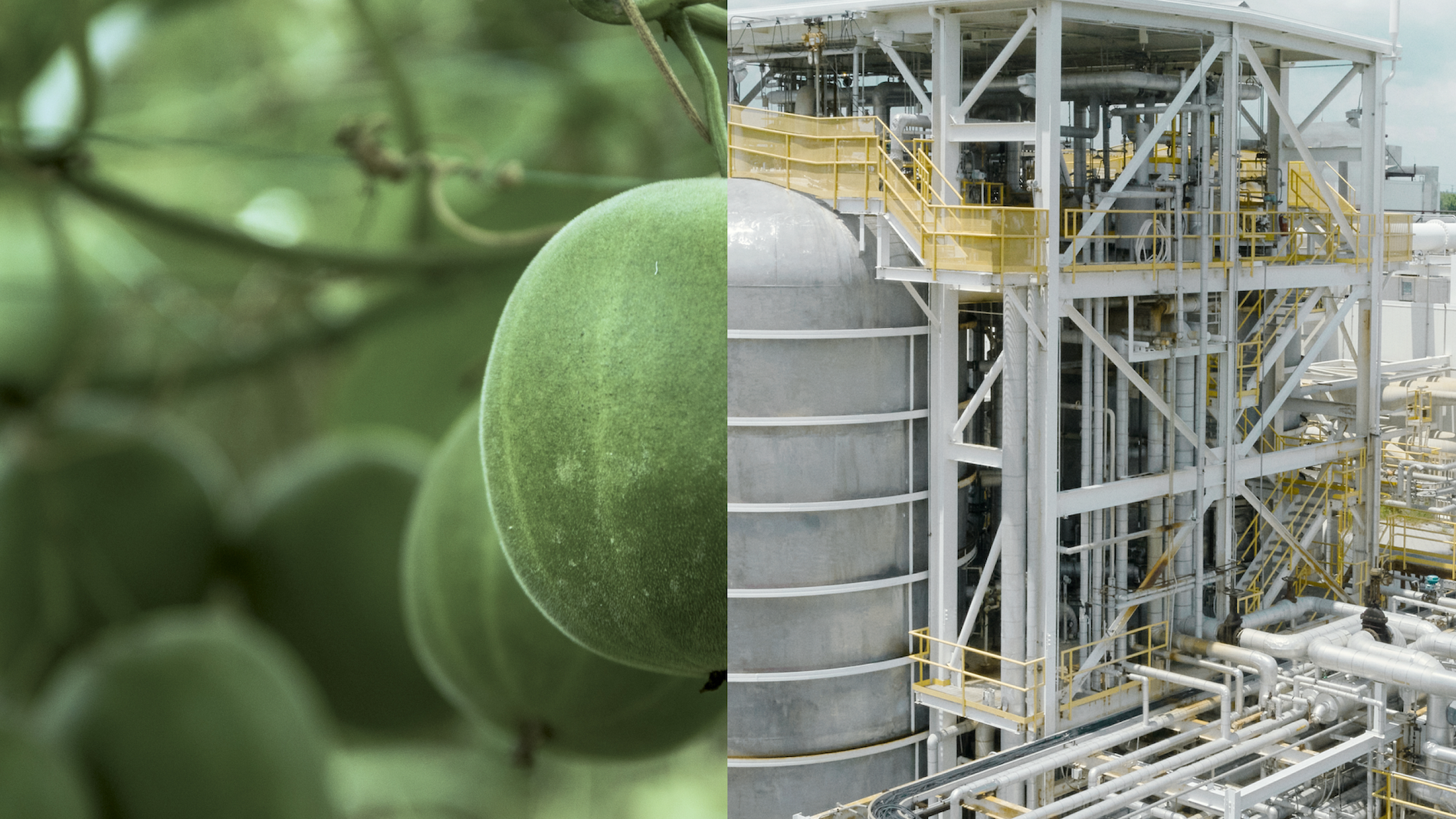
Employee operating a forklift at the Augusta BioFacility warehouse
BioAlternatives: The future of supply chain resilience
Insight
9:00 a.m. EDT. Oct 17, 2024
Media Relations Contact
Frederik Bjoerndal
Senior Vice President, Corporate Affairs and Marketing

The last few years have been a rollercoaster for industries worldwide. What once seemed like reliable, predictable supply chains have been shaken to their core. From the initial shock of the pandemic to the ongoing geopolitical tensions and extreme weather events, businesses have been forced to adapt to a new reality when it comes to sourcing raw materials. Bioalternatives offer a more sustainable solution that can help industries take a confident leap into supply chain security.

Kevin Fox is a seasoned leader in the biotech industry with a passion for driving innovation and sustainable solutions. As Director of Business Development at Manus, he is dedicated to accelerating the transition to bioalternatives and ensuring that the company's products have a positive impact. With a deep understanding of the market dynamics and a keen eye for emerging opportunities, Kevin plays a crucial role in expanding Manus' reach and driving growth.

Before 2020, the mantra was efficiency. Global supply chains were optimized for speed and cost, often at the expense of resilience. Just-in-time inventory models were the norm, with minimal safety stocks to keep overhead low. This approach worked well in a stable world.
“Then came the pandemic,” explains Kevin Fox, Director of Business Development at Manus. “Suddenly, demand for certain products skyrocketed while production ground to a halt in others. Ports became congested, factories shut down, and labor shortages emerged. All of this exposed the fragility of risky supply chains.”
Since then, challenges have multiplied. Extreme weather events, from droughts to floods, have disrupted agriculture and transportation. Geopolitical tensions have created uncertainty and increased costs. And the push for sustainability has highlighted the limitations of traditional resource extraction.
The result? A perfect storm of resource constraints. Critical materials are becoming scarcer, prices are fluctuating wildly, and lead times are lengthening. This is forcing businesses to rethink their operations, from sourcing raw materials to manufacturing and distribution. And many are turning to bioalternatives.
What are BioAlternatives?
Bioalternatives are chemically identical replacements for conventional complex molecules used to create everyday products – but they are better performing and more sustainable. Using synthetic biology, we engineer living organisms as cell factories to replicate nature, creating cost-effective, reliable and sustainable molecules for use in a wide range of applications.
This approach not only reduces our dependence on finite resources but also opens up a vast array of possibilities for new and improved products.
“We start with a microbe,” Kevin explains. “Using synthetic biology techniques, we engineer them to put in all the same machinery present in plants. Once the machinery is in the microbe, we scale this up to the tens or thousands of liters to produce large quantities of the same natural product traditionally extracted from nature. With that we can produce sustainably and reliably, ensuring more supply chain security.”
What can BioAlternatives be used for?
The potential applications for bioalternatives are vast and continually expanding.
“Bioalternatives are making a really big impact right now in the food and flavor industry, as natural flavor enhancers and functional ingredients,” says Kevin. “We have a bioingredient product, Nootkatone. This is a citrus oil ingredient with many applications across the food & beverage industry.”
In the personal care industry, biobased surfactants and emulsifiers have the potential to revolutionize skincare and haircare products, offering gentle yet effective formulations.
Beyond these sectors, bioalternatives are making inroads into pharmaceuticals, agriculture, and materials science. They hold promise for developing sustainable packaging solutions, biobased textiles, and even innovative approaches to renewable energy.
“The possibilities are extremely vast, and we are excited to be at the forefront of this transformative industry,” Kevin adds.
Bioalternatives represent a pivotal shift towards a more sustainable and resilient future. They offer a compelling alternative to traditional synthetic materials, and can be manufactured in the U.S. at scale, offering supply chain security in a challenging global market.
Want to learn more about how bioalternatives can help you achieve your supply chain goals?
Share this article:
Featured articles








